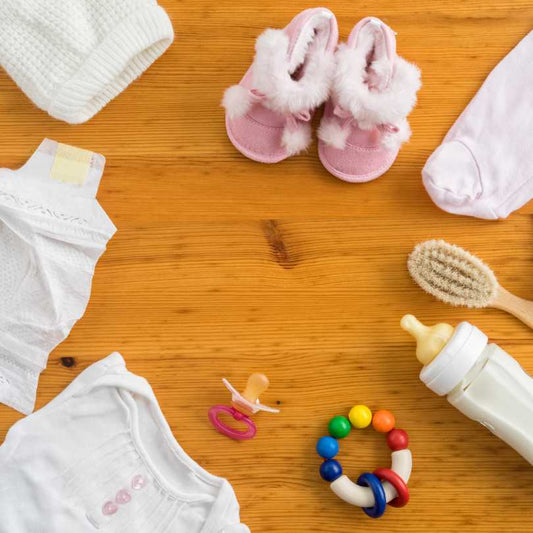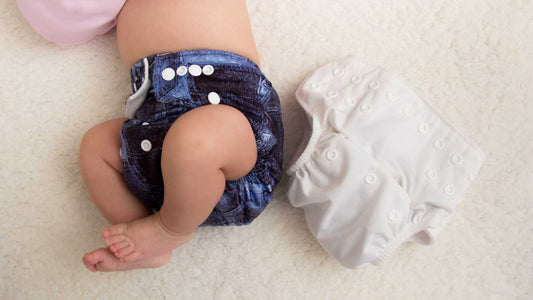
The father's role in the baby's development and health is invaluable and has a significant impact on the child's physical, emotional, and cognitive development. A close relationship between father and child can help ensure the child grows up in a stable and supportive environment, which is essential for their health and well-being.
Father-child bond strengthens the child’s self-confidence
A strong bond between father and child can help build a child's self-esteem and confidence. Regular interactions and positive feedback make the child feel loved and valued, which in turn boosts their self-confidence. Strong self-esteem can help the child better overcome challenges and act more confidently in difficult situations.
Fatherly support promotes the child’s cognitive development
Fathers can play an important role in supporting their child's cognitive development. Through shared activities such as playing games, reading, and crafts, fathers can stimulate their child's interest in new things and encourage them to engage in new activities in a playful way. This can help the child develop a positive attitude toward learning early on and achieve better results in school later on.
Fatherly support helps cope with stress
Fathers can be an important support in coping with stress. Through regular interactions and providing emotional security and stability, children can learn to cope with stress and better regulate their own emotions. A close relationship between father and child can help the child feel safe and secure and experience positive emotional development.
The father as support for the mother
The first few months after the birth of a child are particularly stressful for the mother. She has to care for the baby, recover, and at the same time try to get her daily routine back on track. During this time, it is important for the father to take an active role and support the mother. This includes, for example, feeding, changing, and soothing the baby, as well as taking on practical tasks like cooking or cleaning. This allows the mother to take a break and recover, which is crucial for her health and well-being.
The father as a bonding figure
A close bond between father and child is crucial for the child's emotional development. Through regular contact and interaction, the child can build trust and learn that they are safe and loved. Physical closeness, such as baby-carrying, can also help the child develop a close relationship with their father. A strong father-child bond can also help prevent later emotional problems, such as anxiety or depression.
The father as a role model
The father also plays an important role as a role model for the child. Children learn through observation and imitation, and what they see from their parents has a major influence on their development. A good father can teach the child positive behaviors and values and show them how to take responsibility and resolve conflicts. The relationship between father and mother also plays a key role.
Parents influence a child's development. A positive and harmonious relationship can provide stability and security, while a strained or unfavorable relationship can be stressful.
A proactive father who takes time for his child and is actively involved in their upbringing can strengthen the child's self-confidence and self-esteem. Shared activities and experiences can foster a close bond between father and child, supporting the child's development.
A father who supports and encourages his child to develop their skills and talents can strengthen their self-confidence and self-esteem. By feeling seen and recognized, the child can develop a more positive self-image and gain more self-confidence.
Conclusion
The father plays an important role in the development and health of the baby. An active, loving, and supportive father can provide stability and security to the child, strengthen their self-confidence and self-esteem, and support their development. It is therefore important that fathers play an active role in raising their children and make time for them.




